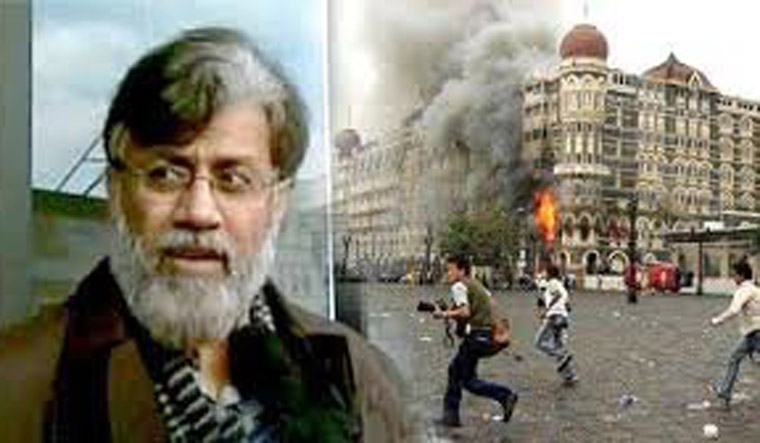Just as a US court denied the writ of habeas corpus filed by the 2008 Mumbai attack case accused Tahawwur Rana against extradition to India, the US has refused to comment on the situation, calling it a "pending matter."
US State Department Principal Deputy Spokesperson Vedant Patel told reporters on Thursday that "he didn't have any specific comment to offer" on the Pakistani-origin Canadian businessman extradition. Patel was responding to reporters' query on whether Rana's lawyers wrote to the State Department seeking to deny surrender certification.
Since the US Court denied the writ of habeas corpus filed by Rana challenging a court order that acceded to the request of the US government that he be extradited to India, US Secretary of State Antony Blinken can now issue a certification for him to be extradited to India where he is facing a trial. However, just after his plea was rejected, Rana filed an appeal against the order and sought a stay on his extradition to India till his appeal is heard.
Patel, however, clarified that the US was "committed to confronting terrorism across the world and continue to call for those involved in the 2008 Mumbai attacks to be brought to justice."
The centre's move to extradite Rana gained pace in June when the Biden administration urged the court to deny the writ of habeas corpus filed by Rana. In his submission to the US Court on June 23, the US attorney argued that Rana’s claims about the legitimacy of his business in Mumbai fell flat and said that Rana received a warning before the attacks does not preclude a finding of probable cause.
Notably, Union Home Minister Amit Shah, during the recently concluded Monsoon session of the Parliament, had said that Tahawwur Rana "will face the Indian judiciary soon".
In May, US envoy to India, Eric Garcetti also stated that the United States Court has given the mandate that the extradition of Tahawwur Rana should occur.
As per Indian authorities, Rana conspired with his childhood friend David Coleman Headley to assist the Pakistani terror outfit Lashkar-e-Taiba in orchestrating the attacks. Prosecutors claim Rana’s immigration law centre in Chicago, as well as a satellite office in Mumbai, was allegedly used as a front for their terrorism activities between 2006 and 2008.
Headley, the master plotter of the 26/11 Mumbai attack, had pleaded guilty and testified against Rana.
However, as per Rana's argument, he has been tried and acquitted in the United States District Court for the Northern District of Illinois for charges based on the identical conduct for which India seeks to prosecute him. He argued that extradition is, therefore, barred.
His second argument was that the material submitted by the government of India fail to establish probable cause that he committed the offences.


